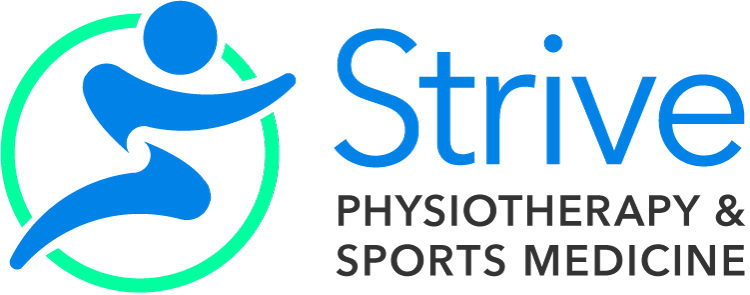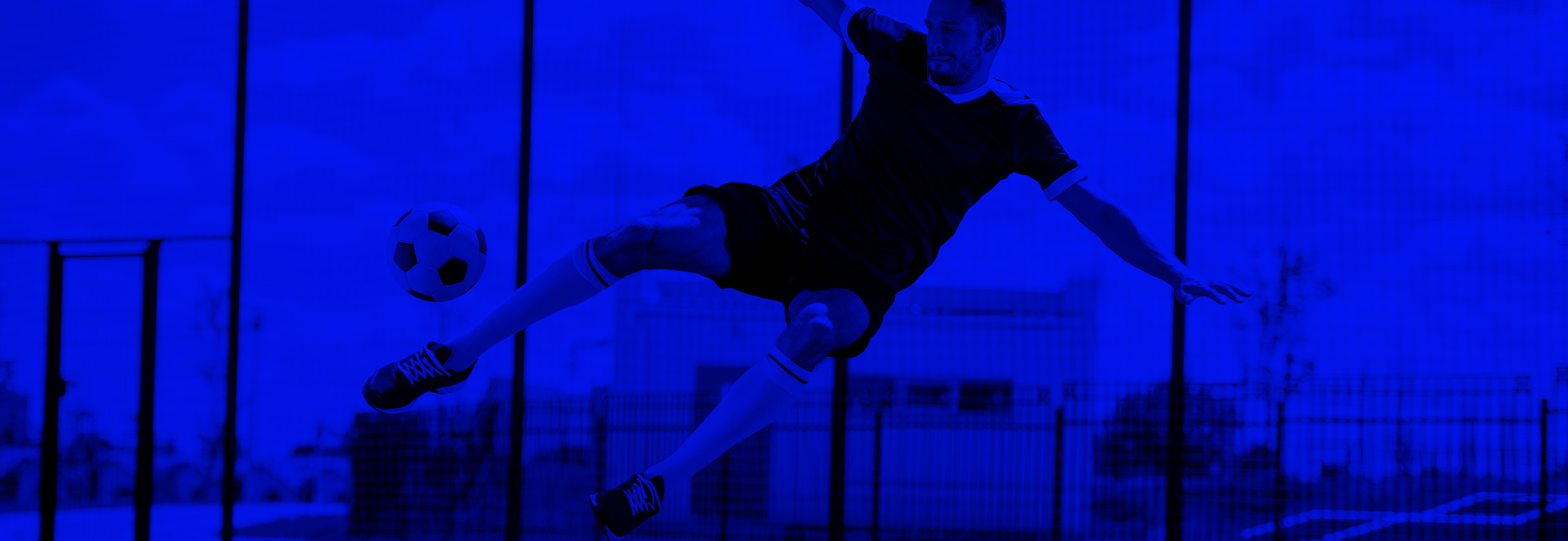What Is An ACL Injury?
The ACL otherwise known as the anterior cruciate ligament, is one of the four ligaments that help to stabilize your knee during movement. This structure prevents the tibia (shin bone) from moving forward on the femur (thigh bone). ACL injuries occur when stress is placed on the ligament causing it to over-stretch or tear. There is a range in the level of injury that can be sustained, from a minor sprain to a complete tear of the ligament. A minor tear is when the ligament remains intact and is only slightly stretched, whereas a complete tear involves the ligament splitting into two. Most ACL injuries are complete or near complete tears which likely cause unsteadiness within the knee. ACL injuries are one of the most common knee injuries sustained, typically occurring in athletes who participate in fast pace and quick pivotal movement sports such as soccer, gymnastics, basketball and football.
What Causes An ACL Injury? What Are Common Symptoms Of An ACL Injury?
ACL injuries are likely a result of non-contact however, they can also occur due to direct contact. The most common way an ACL is injured is due to a sudden change in direction or speed with a planted foot. One example of this is a cut and twist, where the foot in firmly planted and the knee locks and twists. This sudden change in momentum can put significant strain on the ACL leading to the over-stretching or tearing of this ligament. Other common ways the ACL can be injured are landing poorly from a jump, rapid deceleration causing the knee to hyperextend (straightening your knee past it’s normal limit) and any direct blow that causes the knee to hyperextend or bend inwards (a stress to the outside of your knee). When the ACL is injured, typically a loud pop or popping sensation can be felt within the knee. Women are typically at a higher risk of an ACL injury due to anatomical, hormonal and biomechanical (the way our body moves) differences.
Common Signs And Symptoms Of An ACL Injury Include:
- Deep pain within the knee
- Immediate swelling around the knee
- Feeling like the knee is giving out
- Reduced range of motion of the knee
How Can Physiotherapy Help With An ACL Injury?
Depending on the extent of the ACL injury, your Strive Physiotherapist will help to reduce pain and swelling and help you regain the strength and appropriate movement back in your knee. We strive to help you return to the activities you enjoy most. Your Strive Physiotherapist will use a variety of different approaches to best address your individual needs. We may use hands on treatment to help restore range of motion and to help with pain, dry needling to help address muscle tightness and ultrasound to help in the initial stages of healing. You will also be given an individualized exercise program aimed at restoring knee mobility, strength and proper knee and hip control to minimize the stress placed on the ACL.
How Can Massage Therapy Help With An ACL Injury?
After an ACL injury it is not uncommon to develop muscles aches and pains due to your body overcompensating for the injury. As a result of the injured ligament, to maintain stability within the knee, muscles specifically in the low back, hip, thigh and calf can become tight or over worked. Through hands on treatment, your Strive Massage Therapist can help to ease the pain address some of the lost mobility.
How Can Sports Medicine/Physiatry Help With An ACL Injury?
In some cases, it may be recommended that you see a Sports Medicine Physician depending on the extent of the ACL injury. Your Strive Sports Medicine Physician or Physiatrist will perform a thorough assessment of the knee and if appropriate, will send you for medical imaging such as an MRI to determine the extent of the injury. If deemed to be necessary, your Strive Sports Medicine Physician or Physiatrist may also send you to an orthopaedic surgeon for a consultation.
Your Strive Sports Medicine Physician may also decide to give a cortisone injection to help ease some of the pain and address the inflammation.
How Long Does It Take To For Me To Recover From An ACL Injury?
Recovery time for an ACL injury can vary depending on the extent of the injury. For a grade 1 sprain where the ligament is only mildly damaged, typical healing time is 2-3 weeks. For a partial tear which involves greater injury to the ligament healing can take up to 6-8 weeks. When a complete tear of the ACL occurs, surgery is typically required, and healing can take anywhere from 6-9 months.
What Are The Best Exercises To Help With An ACL Injury?
For starter exercises to help address your ACL injury, check out the ACL Injury Home Exercise Program. Keep in mind that these are general exercises that can help address some of your symptoms. It is important to note that these exercises are not to be performed if they increase or cause you any pain. These exercises can be a great place to start and can be beneficial for strengthening and pain management. They do not however, replace an individualized assessment or treatment plan that can be provided by a registered healthcare professional. If you would like some help in managing your ACL injury, let us know by booking an appointment with us today!
What Can I Do To Treat An ACL Injury At Home?
In the acute stages of an ACL injury when there is swelling present, you can apply ice to the swollen area for 15 mins at a time. Please avoid placing the ice directly to the skin by ensuring there is a layer of material between your knee and the ice. To further help with swelling, you can elevate your knee slightly above chest level. To avoid flareups of pain during the day, it’s important to pace your activities by taking take frequent breaks when needed to alleviate stress on the knee joint. When sitting for long periods of time it’s important to try to maintain range of motion within the knee by frequently bending and straightening at the knee within a range that is tolerable.
Written in 2020 by Kiah Brubacher-Cressman, Registered Physiotherapist

Nicole Cesca
BSc (Honours) in Biochemistry, MScPT, PhD student
Registered Physiotherapist
As a past varsity golfer, Nicole is dedicated to assisting golfers recover from and prevent injury. Improving one’s body-swing connection and return to the course pain free is a focus of her management plan. Nicole is devoted to helping others improve their quality of life and being able to function as the healthiest version of themselves. Nicole believes in a patient-centred and holistic approach to physiotherapy treatment where she enjoys working collaboratively with her patients to assist them in reaching their physiotherapy goals. Nicole is passionate about orthopaedic and neurological physiotherapy and plans to advance her clinical practice by continuing to pursue courses in manual therapy, integrated dry needling and acupuncture. Nicole is dedicated to being a lifelong learner and is currently completing her PhD in Rehabilitation Science with a Collaborative Specialization in Neuroscience at the University of Toronto.


